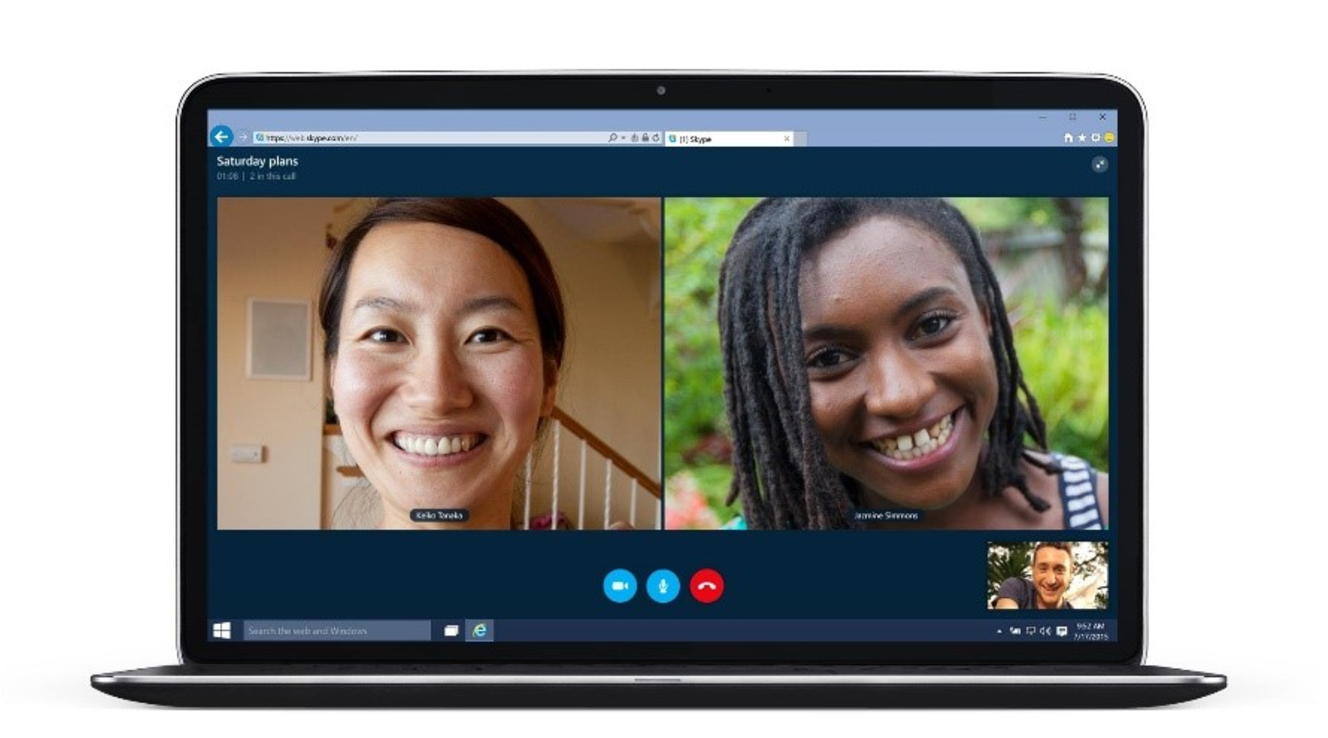
And I think the best people to write about communities that have been underrepresented are the people from those communities. As much as I was writing a book, I was learning a lot.Ī lot of times whenever scholars write about communities of color or any minoritized population, there’s this belief that you have to be an outsider to be “objective.” I don’t believe objectivity exists. The stories these young men offered provided me with a road map for how one can exist in a society that marginalizes you.
#Live gay skype how to#
Part of the reason I embarked on writing the book is that I didn’t have a blueprint for how to navigate queerness as a son of immigrants, as a person of color. You place yourself immediately into this story. I like that you don’t pose yourself as a traditional detached sociologist. Our conversation has been edited for clarity and length. We reflected on how the places we call home, his Eagle Rock and my San Gabriel Valley, are shifting in new and daunting ways. It was fitting that as Ocampo and I discussed the geography of queer Los Angeles, we were both calling from our respective childhood neighborhoods. Ocampo writes lovingly of gatherings that have provided gay men of color an escape not just from the judgment of traditional families but also from the cultural dominance of white West Hollywood. What emerges is a nuanced perspective on this particular kind of coming-of-age: coming out, perhaps leaving home for college, finding new families in public and private spaces.

“ Brown and Gay in L.A.” takes on the intersection of the immigration experience and queer life in Los Angeles - a first-person account that expands to take in the stories of dozens of gay men he’s interviewed across a scene he’s navigated for the better part of the last decade. His second book, out this month, takes those complications in a new direction. Census even as they share a colonial history with Latino Americans as well as some of the same neighborhoods, including Eagle Rock. Ocampo’s first book, “ The Latinos of Asia,” complicated the incomplete narrative of a community that must check off “Asian” in the U.S.
/arc-anglerfish-arc2-prod-advancelocal.s3.amazonaws.com/public/WRJZIPAT7BH6LHF6FGV4U7Q2RQ.jpg)
When I first heard sociologist Anthony Christian Ocampo talk on The Times’ podcast “Asian Enough,” I was moved by the specificity with which he talked about growing up Filipino American in the neighborhood of Eagle Rock and how it shaped his understanding of his heritage and queerness. If you buy books linked on our site, The Times may earn a commission from, whose fees support independent bookstores. Brown and Gay in LA: The Lives of Immigrant Sons


 0 kommentar(er)
0 kommentar(er)
